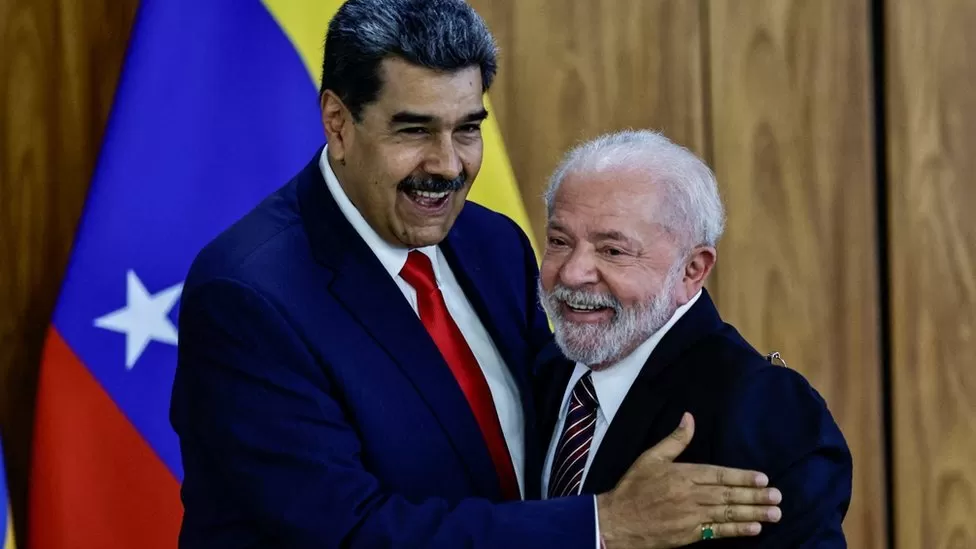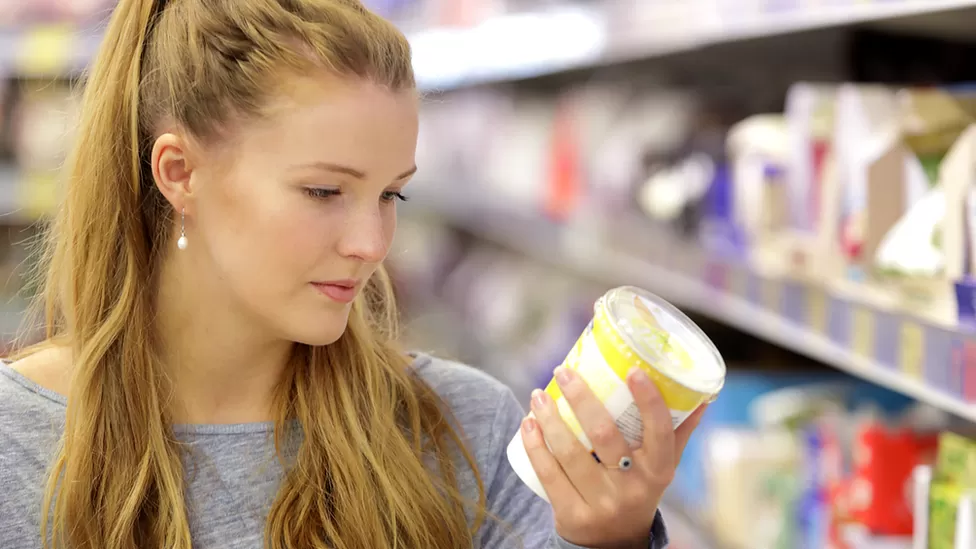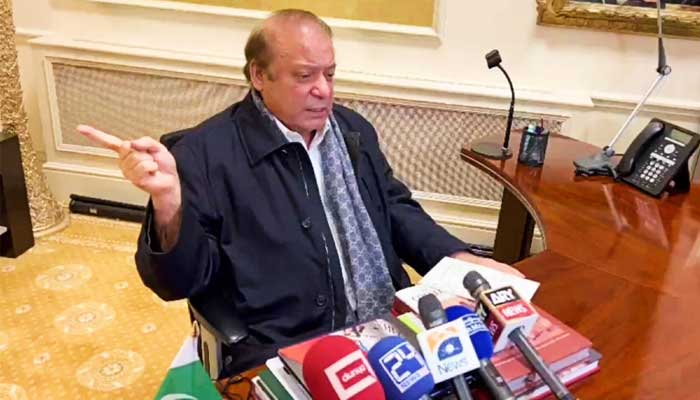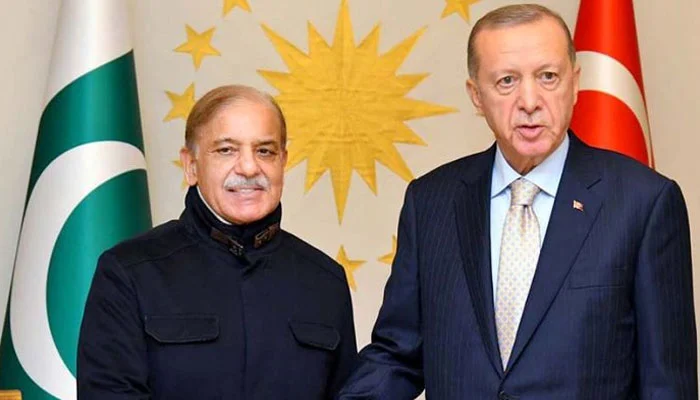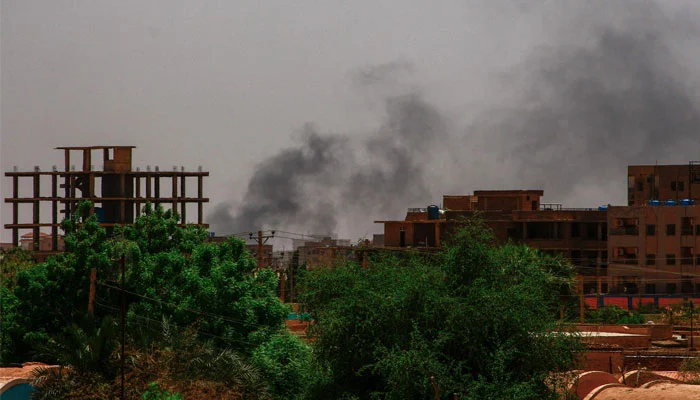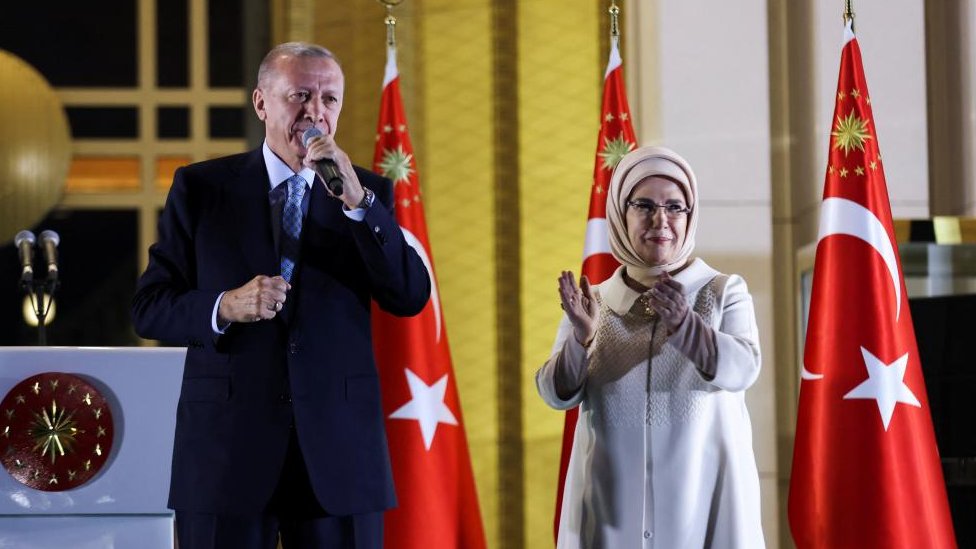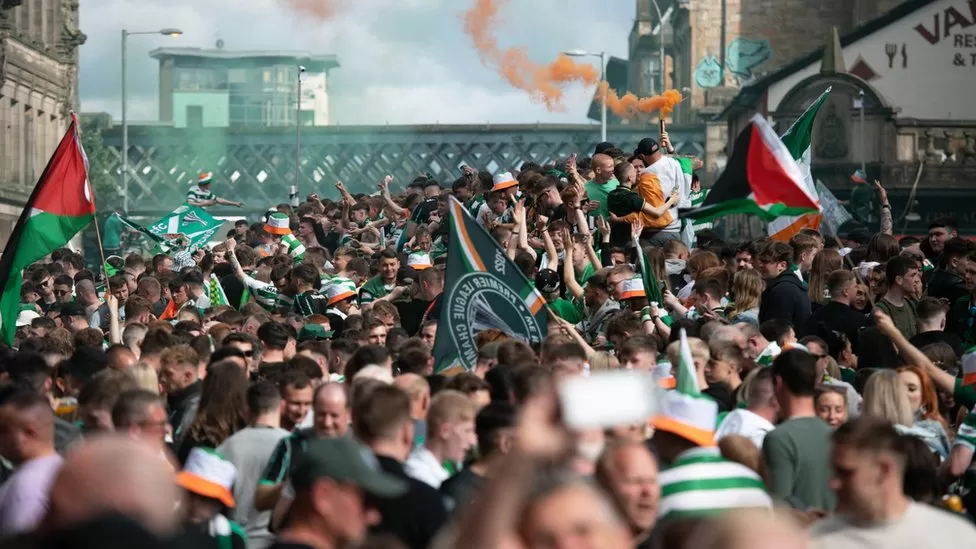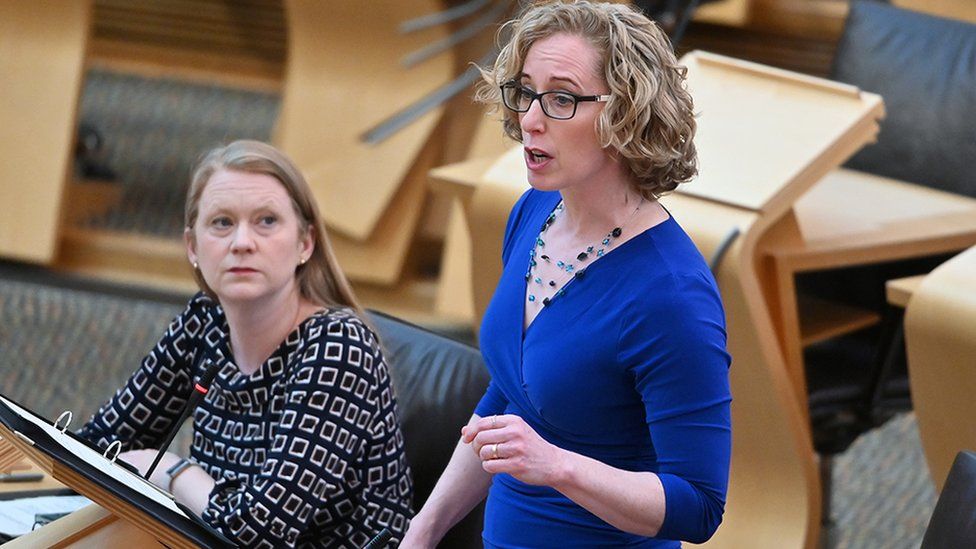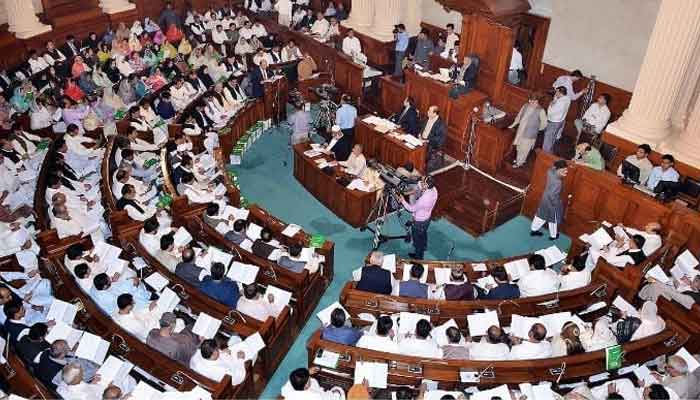Mr Maduro was received by the new president, fellow leftist Luiz Inacio Lula da Silva, ahead of a summit of Latin American leaders in Brasilia.
“What’s important about Maduro coming here is that it’s the beginning of Maduro’s return,” Lula said.
Mr Maduro talked of a “new era” in bilateral relations.
Lula said the region should tackle poverty.
A number of countries question the legitimacy of Mr Maduro, who is described by opponents as a dictator.
Greeting his guest in the Brazilian capital on Monday, Lula said his own return had come five months earlier, referring to the time when he again assumed power after beating Mr Bolsonaro in tight presidential elections.
Mr Maduro said Venezuela was open for Brazilian investors, stressing that the two countries “must be united, from now on and always”.
Lula used the visit to criticise US sanctions on Venezuela saying a “constructed narrative of authoritarianism” was in place about Venezuela and that sanctions were unjustified.
President Maduro last visited Brazil in 2015. Jair Bolsonaro was ideologically opposed to the leftist Venezuelan leader and unlikely to extend an invitation.
However, in the past, Lula enjoyed warm ties with both Nicolás Maduro and his political mentor, the late Hugo Chávez.
In a sign that the relationship looks set to remain solid, Lula spoke of what he called “extremely exaggerated” US sanctions on Venezuela and said it was inexplicable that the US would “impose 900 sanctions because they don’t get on”.
He urged his South American ally to build a new “narrative” about authoritarianism, saying an unfair and “constructed” one had been established around the state of democracy in Venezuela.
Lula’s comments have been seized upon by his critics who say he turns a blind eye to the Maduro administration’s alleged human rights violations and lack of free and fair elections.
For Mr Maduro, the visit was an opportunity to repeat his call for the US sanctions to be lifted, saying he would call upon the other nations in South America to oppose them as a regional bloc.
Several South American countries are now led by left-wing leaders and might lend their support to such a position, including Argentina, Bolivia and Colombia as well as Brazil.
However, it is unclear if such a demand would make any real difference to the Biden administration’s policies towards Venezuela.
Since Mr Maduro was elected in 2013, he has grown increasingly authoritarian.
His crackdown on opposition activists ultimately led to the US imposing sanctions on his government and recognising opposition leader Juan Guaidó as interim president in 2019 after a contested election.
Last December, Venezuela’s opposition National Assembly voted to dissolve its parallel government and remove Mr Guaidó.
He was recognised by many Western countries, including the US, but failed to oust the left-wing president.
The vote showed how many opposition politicians in Venezuela had lost faith in Mr Guaidó.
The assembly also voted to appoint a commission to govern the country’s foreign assets, as they sought a united front ahead of elections scheduled for 2024.
Venezuela’s long-running political and humanitarian crisis has seen some seven million people flee the country since 2015.
Venezuela has been caught in a downward spiral for years with growing political discontent further fuelled by skyrocketing hyperinflation, power cuts and shortages of food and medicine.


